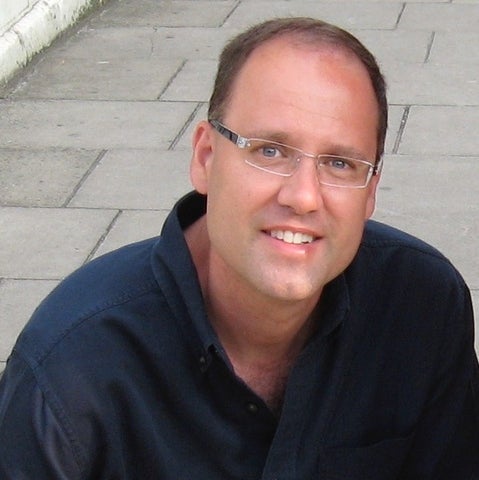
Jamie Zettle
In "Evidence of an Emerging Homosexual Subculture during World War II in Case Studies of Queer Clandestine Agents," Jamie Zettle traces the uneven emergence of a distinct homosexual subculture during World War II through case studies of two queer clandestine agents operating in France from the Special Operations Executive and the United States Army Military Intelligence organization. He successfully defended his thesis on April 30, 2025 at the University of Waterloo.
Same-sex desiring men not only participated in the war effort, but also participated in clandestine activities. The operational cover identity of these queer agents co-existed with their civilian identities; their public identities co-existed with their emerging homosexual identity. Jamie's dissertation reclaims from the past the stories of these homosexual agents and contextualizes them within the Allied clandestine operations and within the uneven emergence of a homosexual subculture.
Dr. Zettle's work reflects the convergence in scholarship between gender, sexualities, masculinities, queer studies, nationalities, and international relations. It resides at the intersection of these approaches and employs queer clandestine agents as signposts marking the stages of development, however fraught and uneven, of a distinct homosexual subculture during the war.
Jamie was co-supervised by Dr. Steven Bednarski (University of Waterloo) and Dr. Jacqueline Murray (professor emerita, University of Guelph). Additional readers from Waterloo were Dr. Andrew Hunt and Dr. Geoffrey Hayes. The internal/external member of the committee was Dr. Veronica Kitchen, associate professor of political science at Waterloo. The external examiner came from McGill's department of History and Classical Studies, Dr. Brian Lewis.
"I intend to publish my research as a book focused on an emotional history of World War II as felt by homosexual clandestine agents to highlight the similar and particular experiences homosexual men shared with the contemporaries," says Dr. Zettle. "I also plan to pursue post-doctoral opportunities to continue my research into the intersections between espionage, homosexuality, and World War II."

Donald Downes (R) and Bob Ullman, Positano 1948 ©Creative Commons
I had a remarkable and life-changing personal and academic journey as a doctoral student in the Tri-University Program in History. I benefited from the support, enthusiasm, and intellectual rigor of my fellow students, professors, and mentors, an experience unmatched in my academic career.